An employee directory and desk booking software are crucial tools that every business needs in 2024 to. They help streamline communications, improve collaboration, boost productivity, and create a more connected workplace.
In this comprehensive guide, we will explore:
- What is an employee directory and why it’s important
- Benefits of an employee directory
- Key features of a good directory
- How to use an employee directory
- Overview of desk booking software
- Features and benefits of desk booking
- How desk booking software works
- Why businesses need both solutions
Let’s get started!
What is an Employee Directory?
An employee directory is a centralized database that stores contact information and profiles of all employees in an organization. It’s like a digital phonebook that enables you to easily find and connect with coworkers.
The directory contains details like names, job titles, departments, location, contact numbers, email addresses, reporting managers, skills, interests etc.
It allows you to search for employees by name, department, location or skillset. Some even have social features similar to Facebook or LinkedIn.
An SharePoint Employee Directory acts as a people finder and collaboration tool across your organization. It eliminates having to manually track down coworker information in scattered systems.
Why Do Businesses Need an Employee Directory?
An employee directory is a must-have in today’s digital powered workplace. Let’s look at some of the key benefits:
Improves Onboarding
When new hires join, an employee directory helps them get up to speed on the organizational structure and team members quickly. They can learn about their colleagues in their own time without having to interrogate everyone!
Easy to Find Coworkers
We’ve all spent frustrating minutes tracking down a coworker’s email or number for an urgent query. An employee directory makes this history! You can instantly search and find contact information saving time and hassle.
Locate Experts
Need help on a finance report? Want advice from a social media expert? An employee directory allows you to easily find and connect with experts in any field or department. No more guessing games!
Collaboration Across Teams
Silos between teams can hamper growth. An employee directory breaks down these walls! You can easily find and connect with relevant colleagues across locations and departments to collaborate better.
Work From Anywhere
In today’s remote and hybrid workplaces, an online directory lets you find and collaborate with coworkers seamlessly no matter where you’re located.
Boosts Productivity
Quick access to coworkers means spending less time tracking people down and more time getting work done! This results in a big boost in productivity.
Enhances Culture
An employee directory helps strengthen relationships and camaraderie. Social features allow coworkers to connect on mutual interests beyond just work.
Better Workforce Management
HR can analyze directory data like location, department and reporting structures to gain valuable insights for smarter workforce planning.
As you can see, employee directories clearly play a strategic role in connecting distributed workforces and enhancing collaboration, communication and culture.
Key Features of a Good Employee Directory
For maximum impact, the employee directory must be intuitive and packed with useful features. Here are some must-haves:
- Easy to access on all devices
- Powerful and flexible search
- Sorting filters (e.g. location, department, skills)
- Seamlessly syncs with company databases
- Social features similar to social media
- Org charts and seating plans
- Contact forms to reach coworkers
- Calendar with birthdays and events
- Admin controls for privacy settings
- Robust security like Single Sign On
Advanced features like Syncs with Active Directory, Azure AD Integration, MS Teams Integration, Outlook integration further improve accessibility and convenience.
How Can Businesses Use an Employee Directory?
Beyond just a digital phonebook, employee directories can be leveraged innovatively across the organization:
HR can analyze skills and location data for smarter hiring and workforce planning. Sales teams can instantly find the right experts to assist customers. Engineers can easily connect with specialists across silos to solve problems better.
Here are some specific use cases:
- Find anyone’s contact information quickly
- Locate experts for advice
- Identify resource gaps and new hires needed
- Plan meetings knowing attendee locations
- Onboard new employees smoothly
- Discover colleagues with shared interests
- Wish coworkers on birthdays and events
- Strengthen culture through social connections
- Surface organizational insights for planning
The possibilities are endless! An employee directory powers seamless people connection and collaboration.
Overview of Desk Booking Software
Now that we’ve seen the value of an employee directory, let’s look at another essential tool – desk booking software.
Desk booking software allows businesses to efficiently manage office seating and workspaces. Much like you would book a hotel room, employees can reserve desks or rooms in their office through an easy self-service portal.
It provides a central system to manage desk availability, seating plans, and workspace reservations.
This cloud-based solution is critical for offices with hot desking policies or hybrid remote work models.
Hot desking is the practice of having unassigned workstations that employees can reserve as needed. It provides flexibility to work from different desks rather than being stuck at just one.
Desk booking marries the benefits of hot desking with the structure and convenience of an automated reservation system.
Key Features and Benefits of Desk Booking Software
Let’s look at some of its advantages:
- Interactive floor plans showing desk availability
- Employees can easily book desks or rooms from their device
- Planner to reserve desks or rooms in advance
- Manage permanent desk assignments
- Avoid double-bookings of meeting rooms
- Integrates with calendar apps for automatic updates
- Locate teammates on seating charts
- Analytics to optimize desk utilization
- Adapts to hybrid workplace models
- Mobile access encourages flexible working
- Automates previously manual processes
- Self-service reduces workload for facility staff
With desk booking software, you can enable hot desking and flexible working without compromising on structure, visibility and governance.
It keeps things organized and efficient even as workplace models evolve.
How Does Desk Booking Software Work?
Here is a quick 3 step overview of the desk booking process:
- Interactive Floor Plans – See real-time desk availability on dynamic maps of your office. Zoom into seating zones.
- Desk Selection – Choose an open desk or room based on your preferences like location or neighbors.
- Instant Reservation – Book your space in one click. Your reservation is locked in and reflected on the floor plan.
That’s it! The floor plan automatically updates availability across the office. Coworkers can easily locate you on the map.
It streamlines the reservation process through automation and self-service. This boosts convenience for employees and remote workers. It also frees up facility staff from manual tasks.
Why Businesses Need Both Solutions
Employee directories and desk booking softwares solve two critical needs:
- Connecting distributed teams and remote workers.
- Structuring flexible workspaces.
An employee directory focuses on the people. It enables collaboration, social connections and seamless remote work.
Desk booking focuses on the office space. It facilitates hybrid working models by bringing structure to hot desking environments.
Together, they provide the best of both worlds – exceptional people connection as well as optimized workspaces.
This powerful combination helps:
- Locate teammates easily on seating charts
- Book desks near specific colleagues
- Reserve spaces for team meetings
- Balance flexibility with governance
- Enable frictionless remote and hybrid work
- Strengthen relationships and culture
- Gain insights to optimize facilities
It’s 2024. And businesses must provide exceptional employee experiences while managing costs effectively.
Employee directories and desk booking solutions make this achievable.
They deliver robust people connection, structured workspaces and actionable insights for smart planning.
This creates a work environment optimized for productivity, collaboration and employee satisfaction.
Conclusion
An employee directory provides quick access to coworkers across dispersed teams and locations. This breaks down silos, solves problems faster, and enables seamless collaboration.
Desk booking software brings governance and efficiency to flexible working models. Employees can easily book desks or rooms based on their preferences.
Together, they provide an unbeatable advantage. Companies eliminate wasted time tracking down people and workspaces. They empower employees with flexibility balanced by structure.
In conclusion, businesses today need both these solutions. Employee directories address the people problem – helping distributed workers stay connected. Desk booking solves the workspace problem – organizing flexible environments.
The result is winning combinations like:
- Locating teammates on office maps
- Reserving desks near colleagues
- Discovering coworkers with similar interests
- Enabling seamless remote work
- Gaining insights to optimize facilities
Investing in these simple but powerful tools delivers outsized dividends in productivity, collaboration, employee experience and real estate costs.
It’s truly a game-changer for future success.


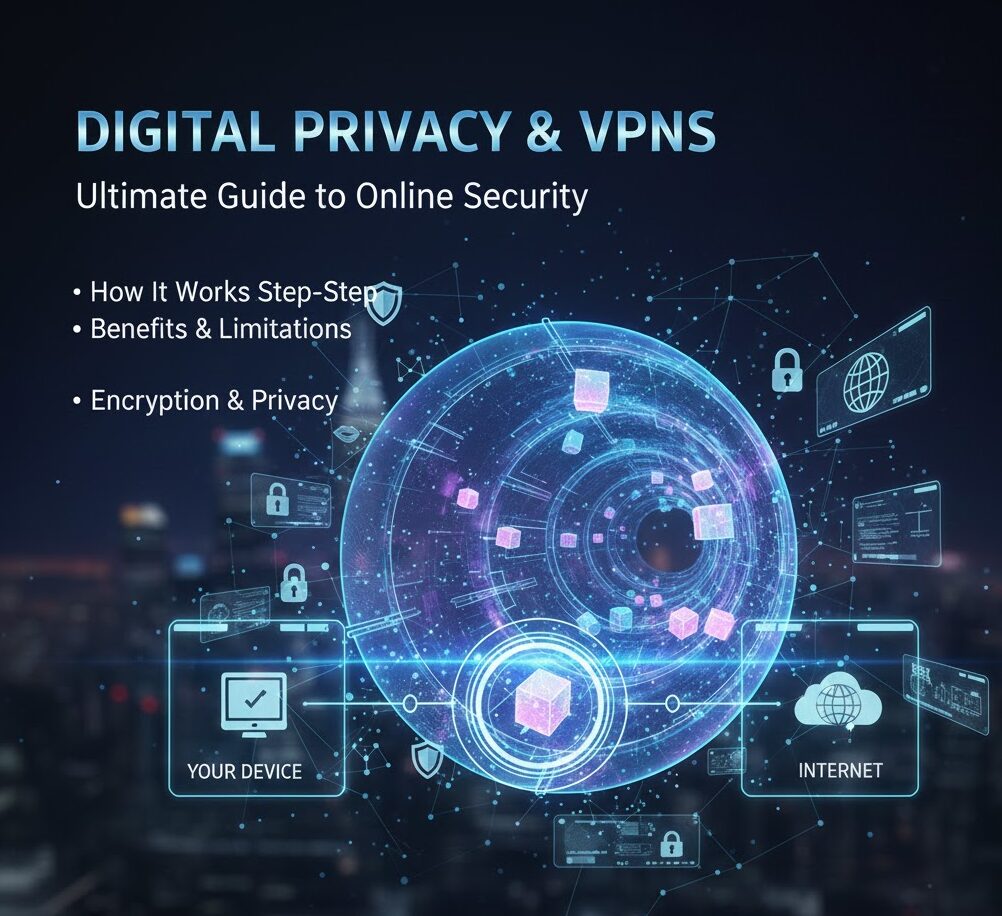


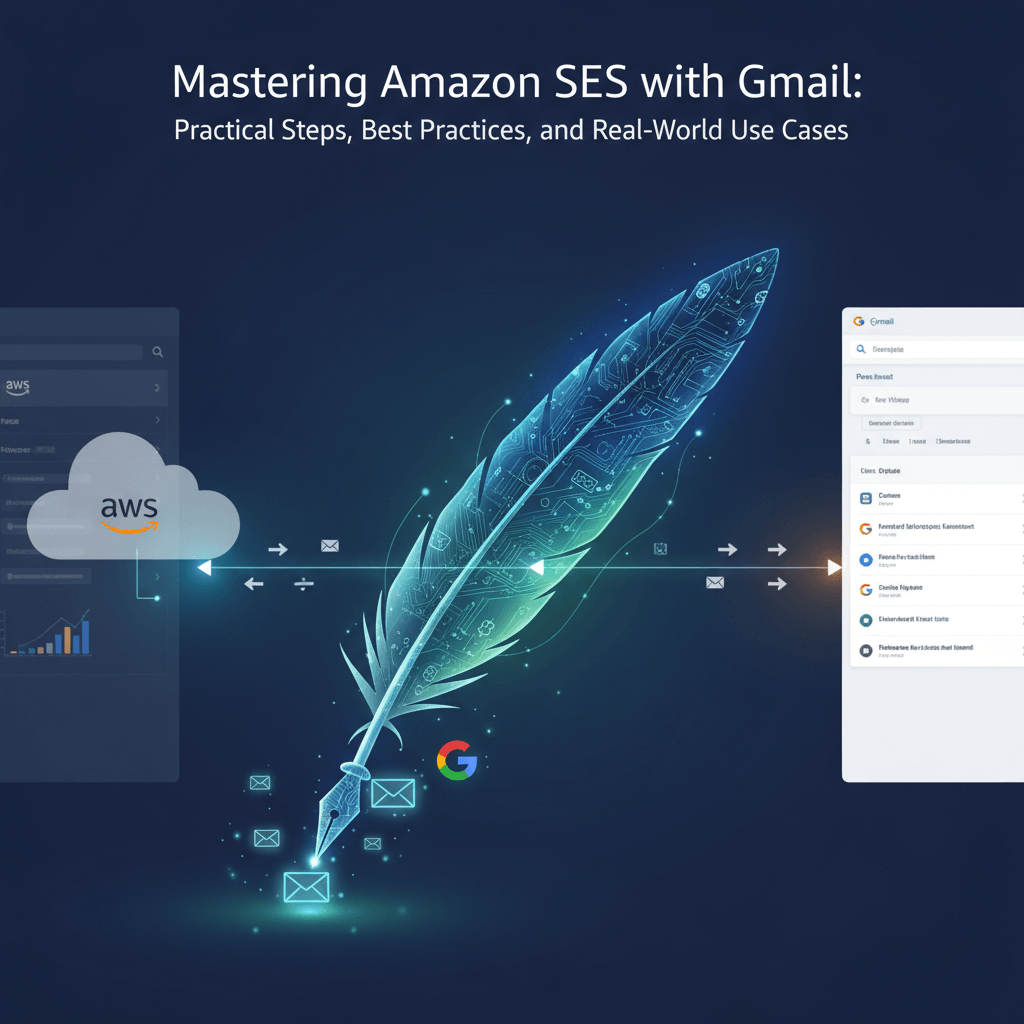


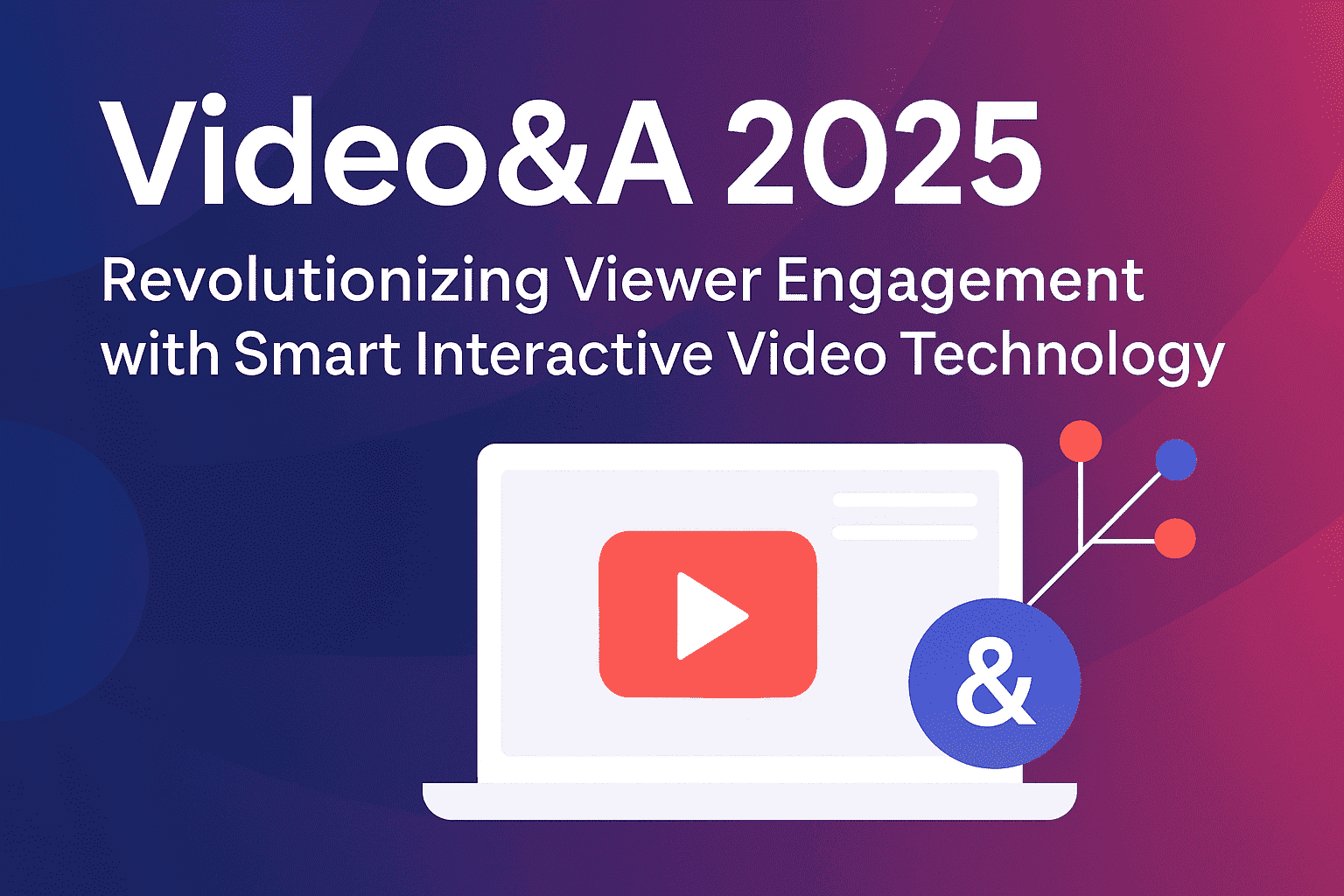
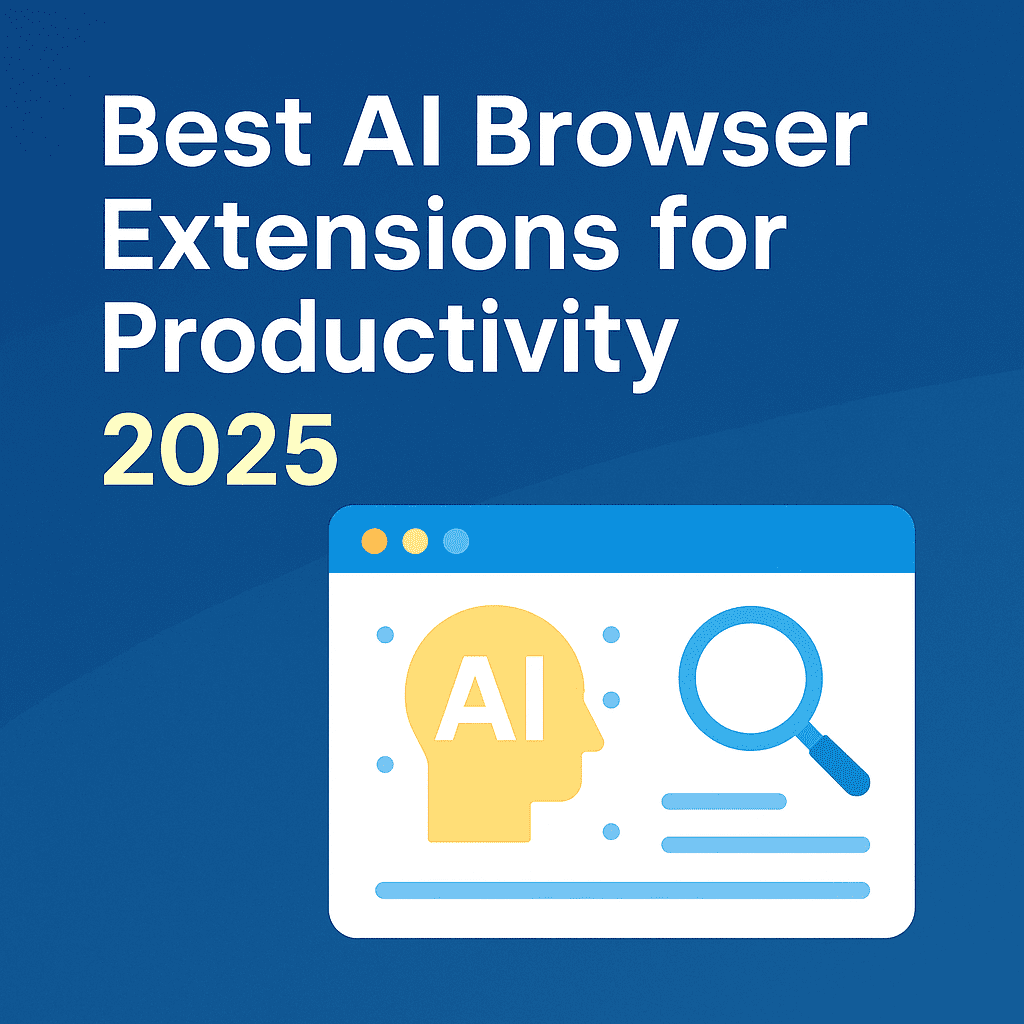


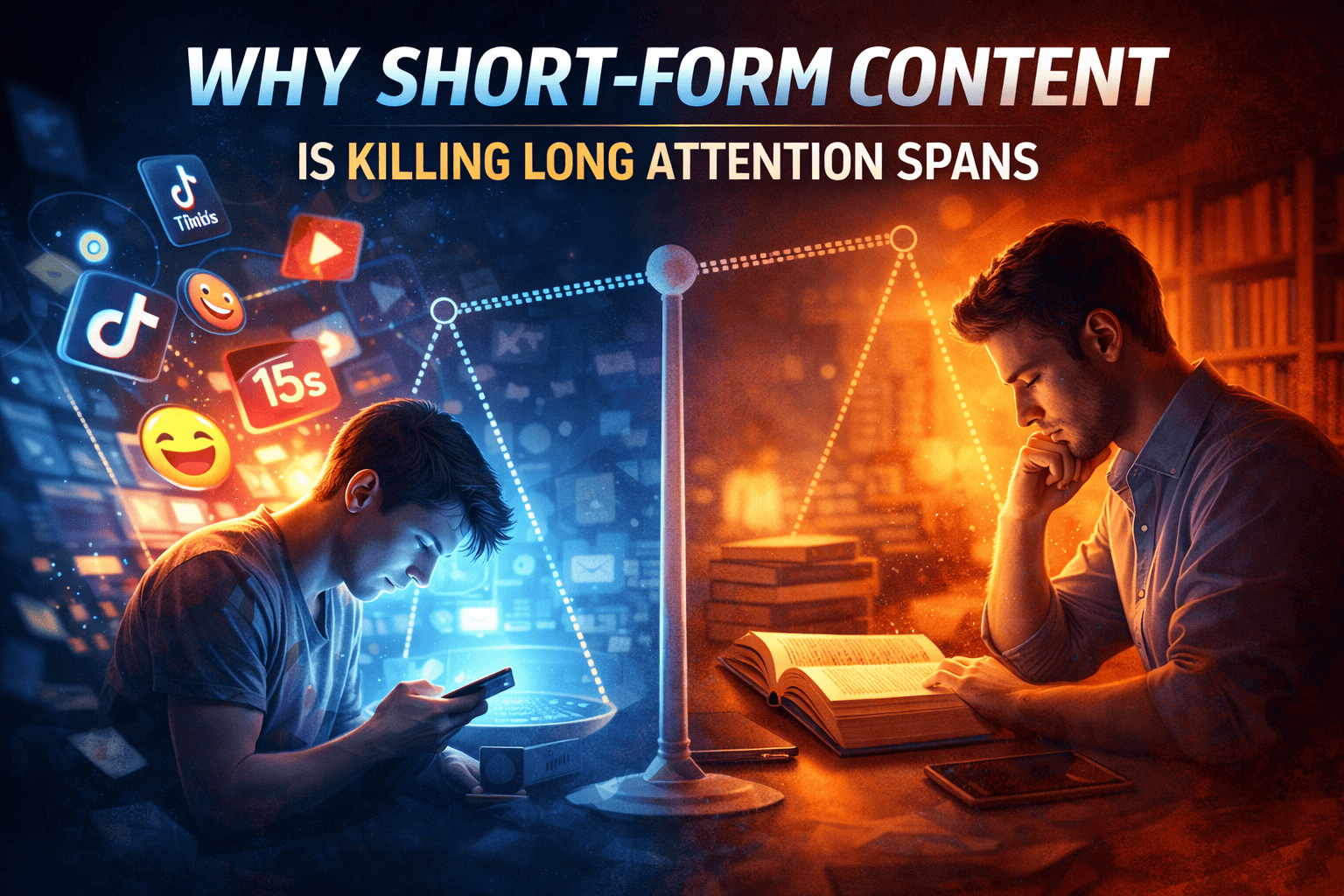
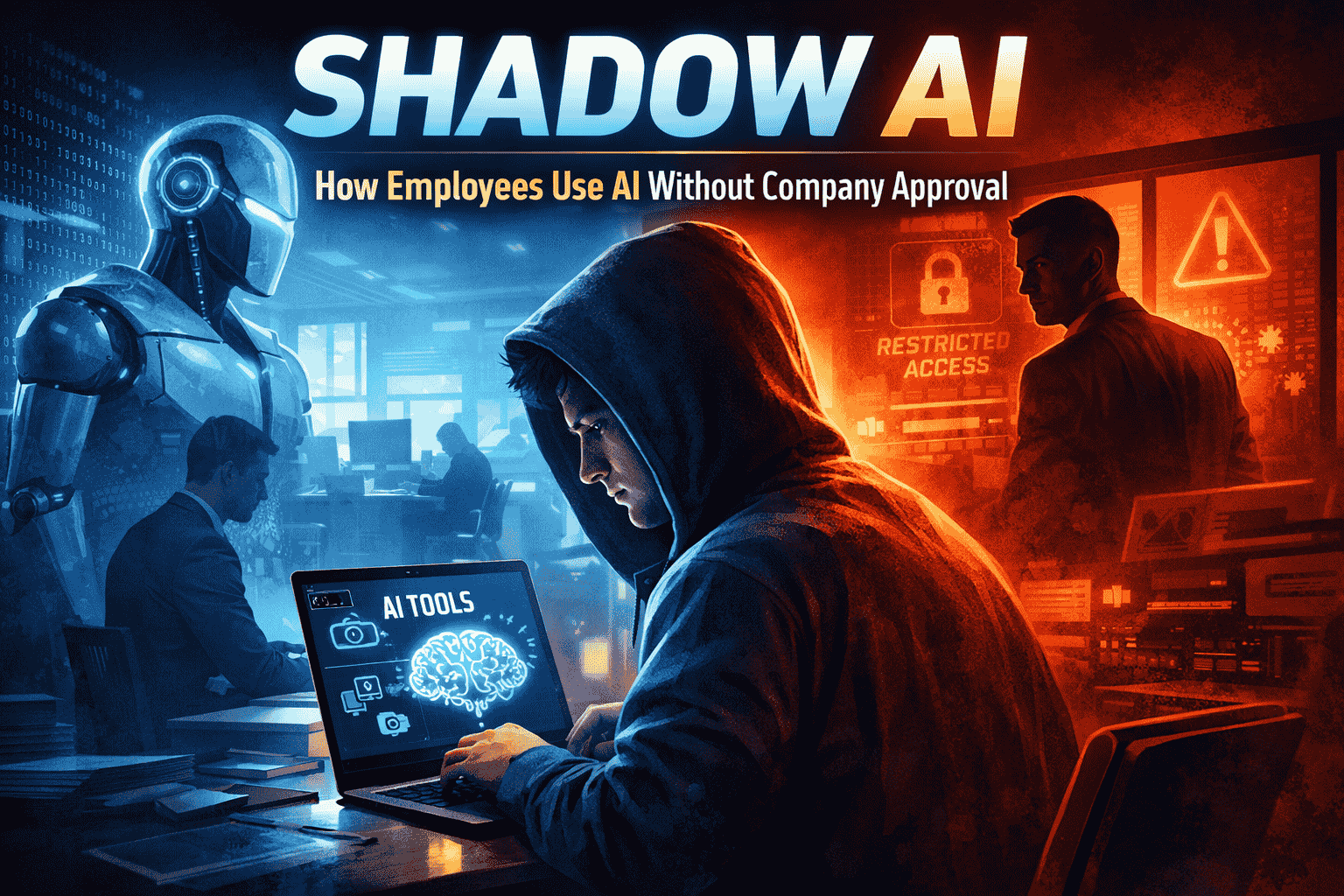

Leave a Reply